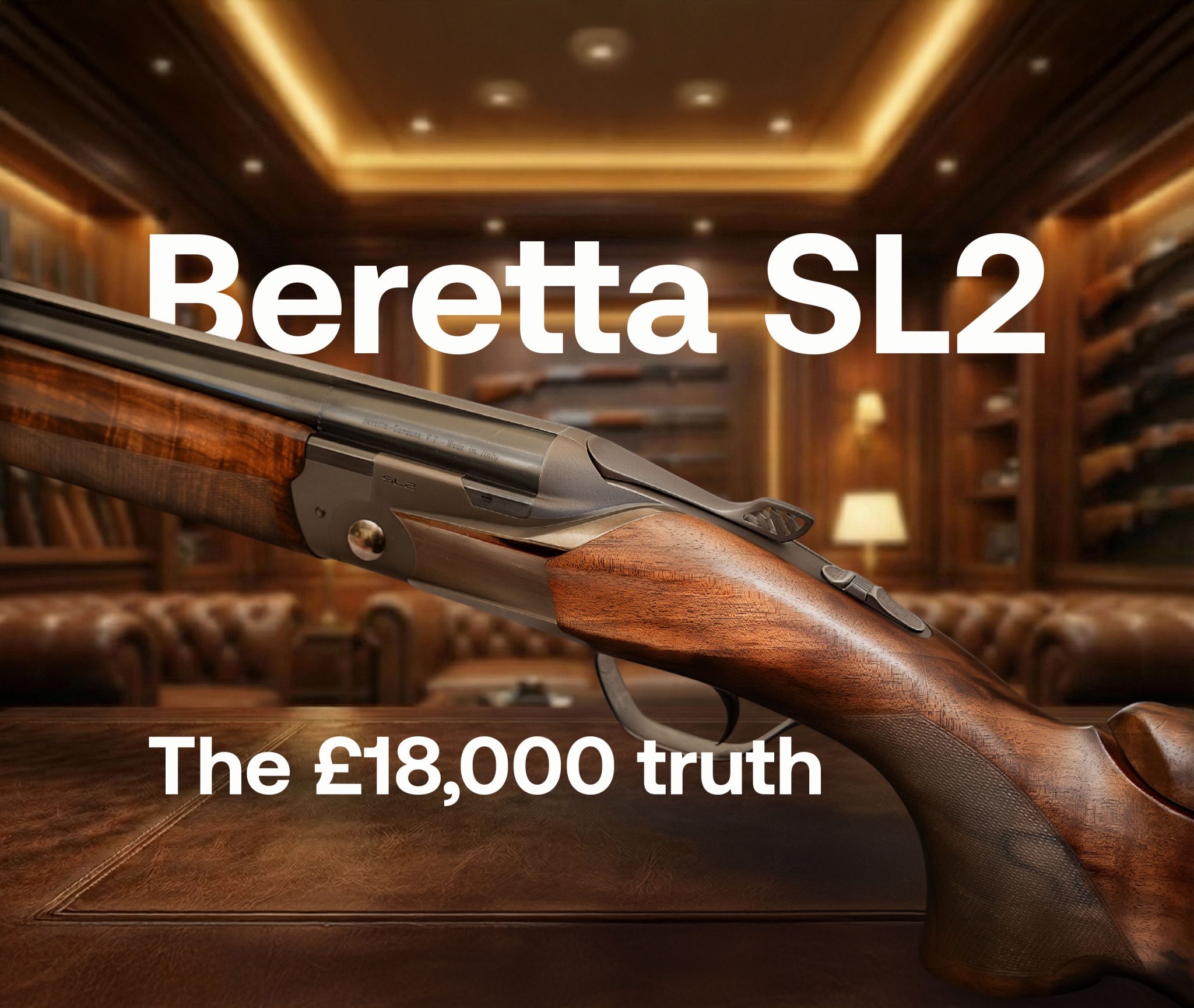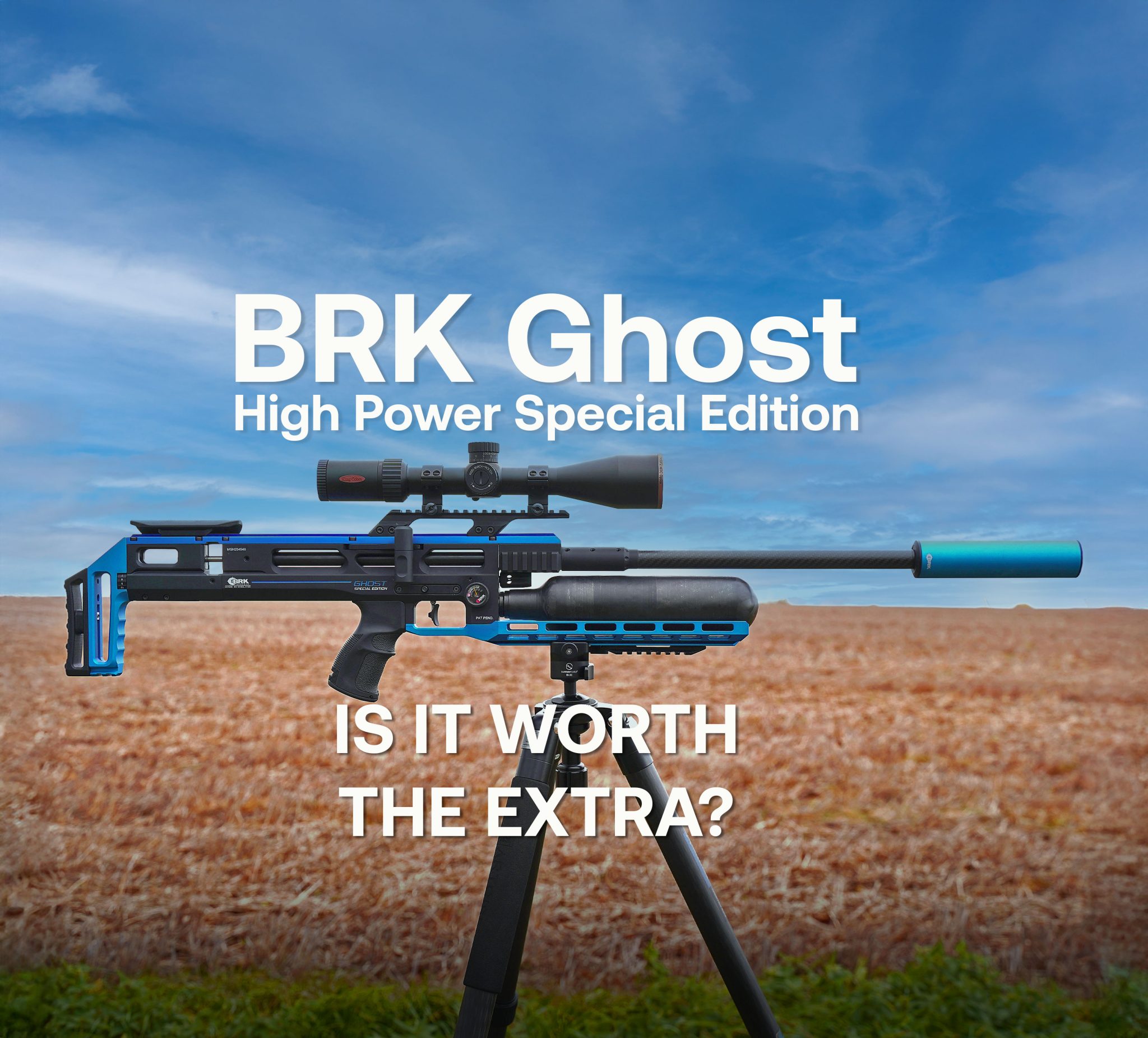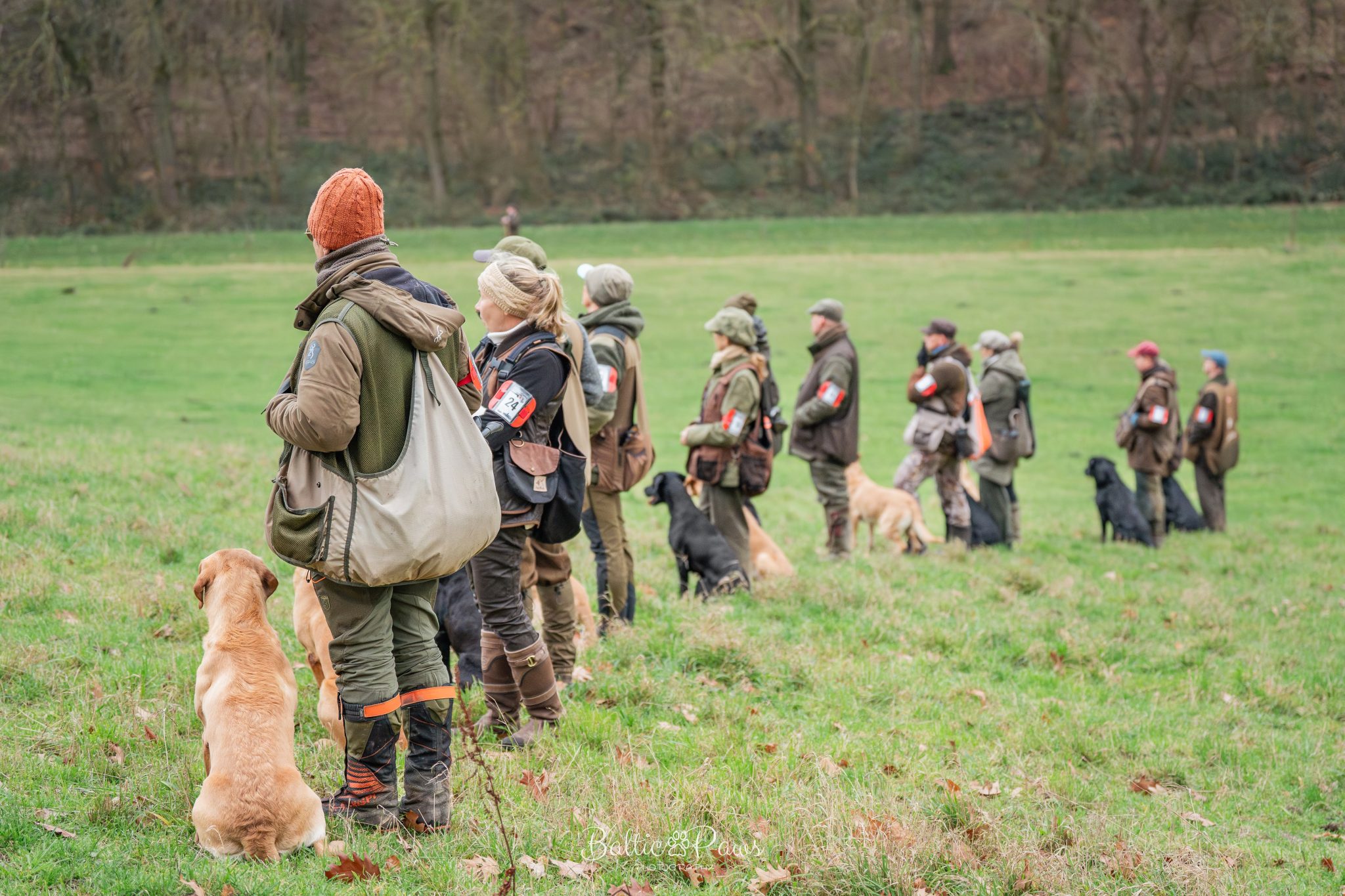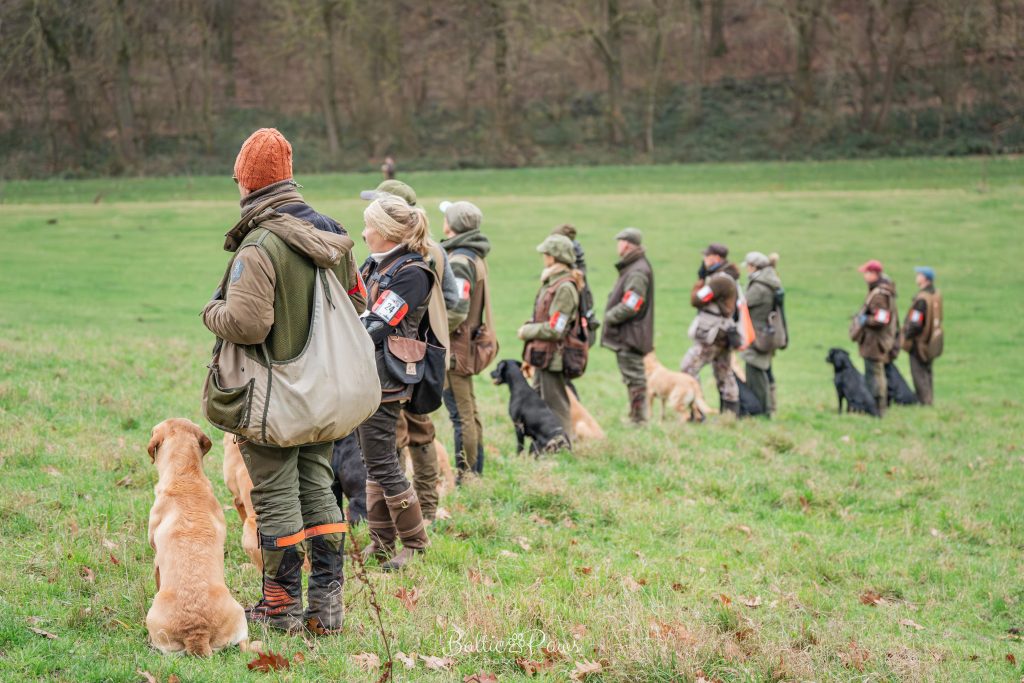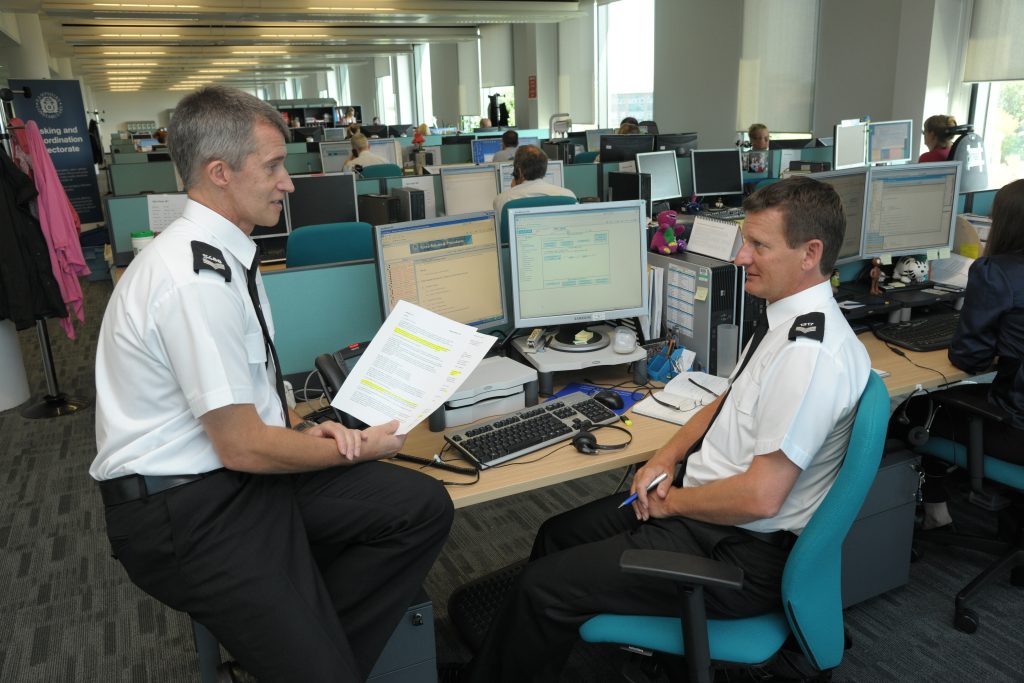The countdown is on for The British Shooting Show – book tickets online today and save on gate price!
Firearms Licensing guidance 2025: BASC warns of flaws in Home Office reforms
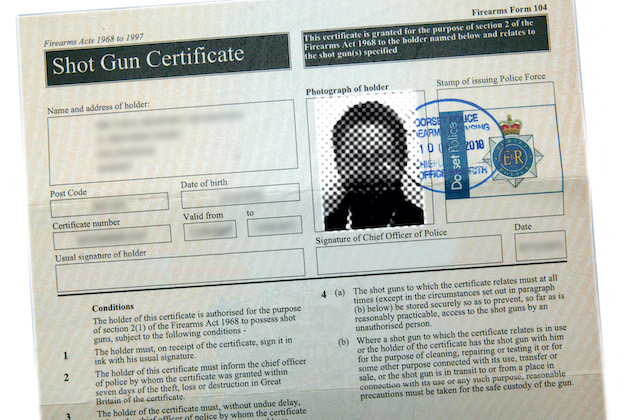 Usd 30 april 14 nws 4
Usd 3 sept 14 nwb
Usd 21 jan 15 nws 6
Usd 22 march 17 police
Usd 30 april 14 nws 4
Usd 3 sept 14 nwb
Usd 21 jan 15 nws 6
Usd 22 march 17 police
New Home Office guidance raises concerns
The Home Office has released updated statutory firearms licensing guidance for chief police officers. While BASC supports a strong and fair licensing system, it warns the latest revision risks undermining proportionate, evidence-led decision-making. Instead, it may increase bureaucracy without improving safety.
BASC stresses that public safety and fair access to lawful shooting must go hand in hand. Yet some changes in the guidance may tip the balance away from consistency.
Balance of probabilities under pressure
For decades, licensing decisions have relied on the “balance of probabilities” test, weighing evidence fairly. The new guidance allows scope to bypass that test based on limited or speculative information.
This shift risks replacing objective facts with subjective impressions, creating uncertainty and inconsistency.
Read more: BASC firearms licensing guidance overview.
New rules for applicants
Several changes directly affect applicants:
-
Partner interviews: Licensing teams may now interview current or former partners, even if no history of domestic abuse exists. BASC warns this could invite misuse if unverified allegations are accepted.
-
Full offence disclosure: Applicants must declare all offences except parking tickets, regardless of age or severity. Any omission risks being treated as dishonesty.
-
Two referees for shotgun certificates: Following the Firearms (Amendment) Rules 2025, two referees are required instead of one. BASC notes no evidence suggests referees reduce risk, but the change adds administrative burden.
The GP medical marker debate
BASC continues to call for a mandatory GP medical marker on certificate holders’ records. This would alert doctors to inform police if a patient’s health changes in a way that affects firearms safety.
Currently, the “best endeavours” system is inconsistent, leaving gaps. The new guidance does not resolve this, and suggestions that medical records be reviewed from birth are impractical, especially for older applicants.
See also: NHS advice on firearms and medical records.
Added strain on police licensing teams
Other changes include:
-
Mandatory training for firearms enquiry officers (without dedicated Home Office funding).
-
Issuing receipts and photos for surrendered firearms – inconsistently applied.
-
Interviews with family members during home visits, raising privacy and workload concerns.
A fragmented system needs reform
England and Wales have 43 licensing authorities, each interpreting rules differently. BASC argues this leads to delay, confusion and uneven treatment of shooters.
Instead, it calls for a single national licensing body with a unified framework. Centralised checks would ensure consistency and fairness across the UK.
BASC’s position
An effective licensing system must protect the public while allowing lawful shooting to thrive. BASC will continue to press for consistency, proportion and evidence-based policy.
“The wrong people must never have access to firearms, but the right people should not face needless hurdles,” says Martin Parker, BASC’s head of firearms.
For more, visit BASC’s firearms advice pages
Related Articles
Get the latest news delivered direct to your door
Subscribe to Shooting Times & Country
Discover the ultimate companion for field sports enthusiasts with Shooting Times & Country Magazine, the UK’s leading weekly publication that has been at the forefront of shooting culture since 1882. Subscribers gain access to expert tips, comprehensive gear reviews, seasonal advice and a vibrant community of like-minded shooters.
Save on shop price when you subscribe with weekly issues featuring in-depth articles on gundog training, exclusive member offers and access to the digital back issue library. A Shooting Times & Country subscription is more than a magazine, don’t just read about the countryside; immerse yourself in its most authoritative and engaging publication.



